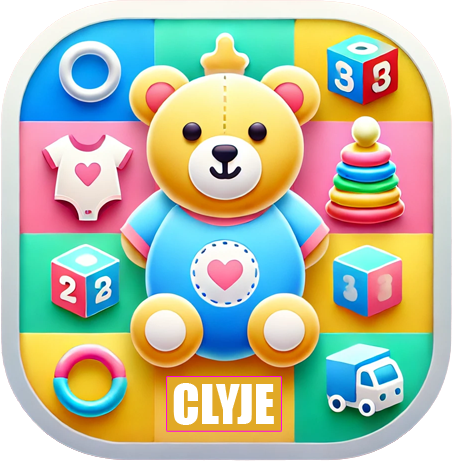Toddlers are tiny bundles of emotions. From bursts of joy to sudden tears, their feelings can change in an instant. As parents, guiding them through this emotional rollercoaster is crucial for their development. Here’s how you can help your toddler navigate and manage their feelings effectively:
1. Recognize and Acknowledge Feelings
Toddlers may not have the vocabulary to express their emotions fully, but they experience them intensely. Start by helping them identify and label their feelings. For example, say, “I see you’re feeling sad because you dropped your toy.” This validation helps them feel understood and teaches them that it’s okay to have emotions.
2. Create a Safe and Supportive Environment
A nurturing environment at home is fundamental for emotional development. Ensure your toddler feels secure and loved. Consistency in routines and clear boundaries provide stability, which can help reduce anxiety and tantrums.
3. Teach Simple Coping Strategies
Toddlers need simple tools to manage their emotions. Teach them basic techniques like taking deep breaths or counting to calm down. Use phrases like, “Let’s take a deep breath together” during moments of distress to model these strategies effectively.
4. Encourage Verbal Expression
Encourage your toddler to talk about how they feel. Use open-ended questions like, “Can you tell me what made you happy today?” This practice not only helps them articulate their emotions but also strengthens their communication skills.
5. Model Healthy Emotional Responses
Children learn by observing adults. Show your toddler how you manage your own emotions calmly and positively. If you’re frustrated, verbalize it in a healthy way: “I’m feeling frustrated right now because I can’t find my keys. I’m going to take a few deep breaths to help me feel better.”
6. Read Books About Feelings
Books are excellent tools for teaching emotional intelligence. Choose age-appropriate stories that explore different emotions and situations. Discuss the characters’ feelings and how they cope with challenges. This can help your toddler understand that others experience similar emotions.
7. Use Play to Explore Feelings
Play is a natural way for toddlers to explore their emotions. Provide them with toys and scenarios that allow them to role-play different feelings. Join in their play and ask questions like, “How does the teddy bear feel when it’s raining outside?”
8. Be Patient and Consistent
Managing emotions is a skill that takes time to develop. Be patient with your toddler as they learn to navigate their feelings. Consistently reinforce positive behaviors and coping strategies. Celebrate their progress and offer comfort when they struggle.
9. Limit Exposure to Stressful Situations
Avoid exposing your toddler to unnecessary stressors whenever possible. Protect them from situations that may overwhelm or frighten them. When unavoidable, provide reassurance and support to help them cope effectively.
10. Seek Professional Help if Needed
If your toddler consistently struggles with intense emotions or displays behavior that concerns you, consider seeking guidance from a pediatrician or child psychologist. Early intervention can provide strategies tailored to your child’s needs.
Helping toddlers manage their feelings is a rewarding journey that lays the foundation for their emotional well-being. By creating a supportive environment, teaching coping strategies, and modeling healthy emotional responses, you empower your toddler to navigate their emotions with confidence. Remember, each child is unique, so tailor your approach to suit their individual needs and personality. With patience, love, and understanding, you can guide your toddler towards emotional resilience and a happier, healthier future.




